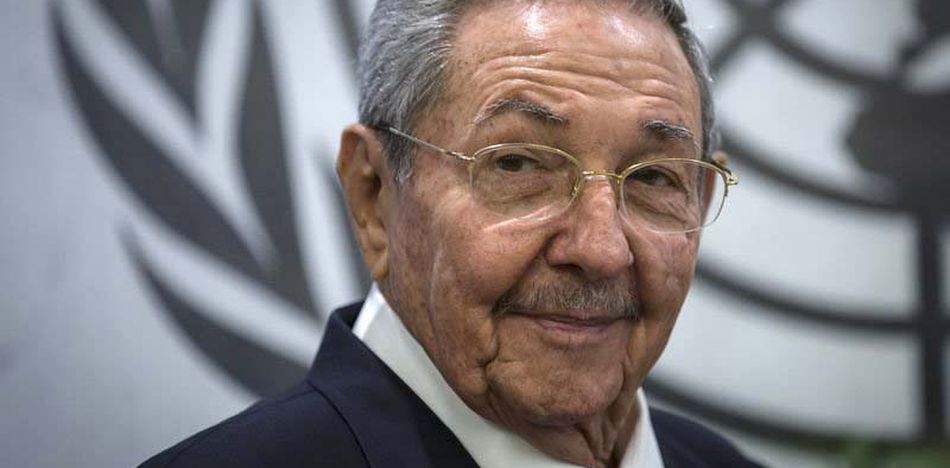
EspañolThe number of political prisoners in Cuba has doubled since last year, and shows no sign of declining.
The Cuban Commission for Human Rights and National Reconciliation released a report that revealed the island’s government has increased its number of political prisoners to twice of what it had the previous year.
According to the report, there are now at least 140 people who have been convicted due to political motivation or to political conditions. Of those, 54 are members of the Cuban Patriotic Union dissident group.
- Read More: Latin American Countries Condemn Venezuelan Dictatorship’s Violent Repression
- Read More: Why Venezuela’s Dictatorship is About to End
Members of the Commission said those numbers don’t include the “thousands and thousands of innocent people” who remain in the island’s nearly 200 prisons, labor camps and settlements, “many of them engaged in the production of charcoal for export.”
The Commission also said 475 arbitrary arrests have been made — an increase of 43 arrests compared to the previous month.
“We also confirmed at least 11 physical attacks, nine cases of harassment and two acts of repudiation,” an official said.
“Over the last year, political repression has undergone a clear change: it is now more widespread throughout the country, is more selective and less noisy. While avoiding political arrests, the regime is increasingly using preventive repression in the form of police threats and other systematic intimidatory action,” the Cuban organization warned.
One of the more prominent examples of these arrests occurred when three coordinators of the Cuba Decide opposition movement — Sayli Navarro, Felix Navarro and Ivan Hernandez — who were kidnapped by state security agents and police, according to another Cuban opposition member Rosa Maria Paya.
The three activists were headed to the airport in Havana to pick up Paya when they were reportedly arrested.
For now, the whereabouts of the dissidents — who were promoting a binding referendum related to the current system of government on the island — remain unknown.
Sources: El Economista; Cubanet; Notimérica.
 Versión Español
Versión Español












